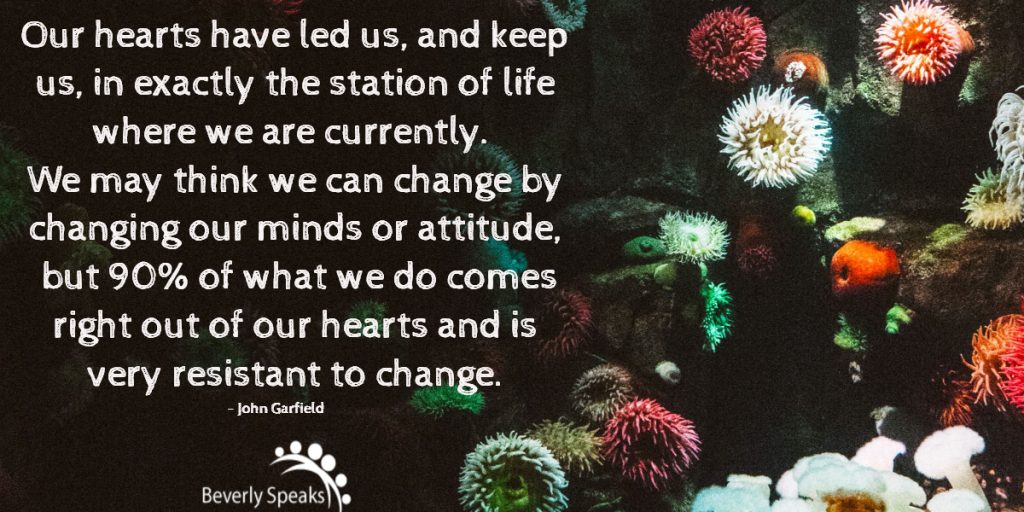Recently, I participated in a Reinvention Lab conducted by Dr. Nadya Zhexembayeva. It was a fascinating experience focused on building a future-ready organization. Nadya led us through a series of exercises based on a personally-selected real-world business. To my surprise, one of the first exercises we engaged in addressed the emotional component of change. Sometimes, that’s the elephant in the room. Who wants to admit they are fearful, hesitant, frustrated, or overwhelmed?
Leaders are known for running into the jungle of life’s challenges bearing solutions, plans, and strategies. But before we can fully engage our intellect and take logical action, we have to address the emotions we’re experiencing. Regardless of the label you put on an emotion, it needs to be acknowledged. Emotions are signposts to deeply held beliefs and are ignored at our peril.
It was refreshing to be in a group of brilliant minds who, when asked to be honest about the emotions accompanying rapid change, became very authentic. It was suggested that the parable of the Elephant and the Rider provides a perfect illustration.
Jonathan Haidt, an NYU Professor of Ethical Leadership uses the metaphor of the elephant and the rider to describe the relationship between the intellect and the emotions. The rider of the elephant is like the logical brain. It might look like the rational mind is in charge, but when there’s a disagreement between the elephant and the rider, the elephant typically wins. The elephant is more powerful by far – a 150 lb. human doesn’t stand a chance against a 6 ton animal in a contest of wills. Our emotional self owns the power when it comes to decision-making. The emotional part of our psyche will run the show, even if we want to ignore the signposts of what our emotions are saying.
This story points directly to the value of heart-based leadership. Our culture has trained us to elevate intellect as king. We create strategies, policies, plans, and processes out of our logical brain with the expectation that everyone will buy in and get on board. The perfect scenario for the rider. But if the elephant and the rider aren’t pulling together as a team, there’s going to be a struggle. We can’t think our way into a new reality. We may think we can change by changing our minds or attitude, but 90% of what we do comes right out of our hearts and is very resistant to change. Learning how to listen to your own heart and tune into the hearts of those on your team is simple, but not easy. It typically requires focused intention and exercises that retrain our brains. This is one reason I love being part of the observable transformations of those who experience the Heart Plan Course.
Leaders have often been conditioned to think that emotions are a sign of weakness. Wearing masks is the result. In memes, we mock the, “I’m fine, it’s fine, everything is fine” mentality. The appearance that everything is fine doesn’t make it so.
Authenticity has become one of the most sought-after attributes in leaders. Taking the time to acknowledge emotions and heart-based beliefs is the new kind of smart.

